Quiz Ancient history
Last Updated:
Fascinated by ancient history? Our quizzes on this captivating period are made for you! Test your knowledge of the great civilizations, iconic figures, famous battles and monuments that marked the ancient history.
Our ancient history quizzes are a fun and rewarding way to delve into the world of the Greeks, Romans, Egyptians and many other fascinating cultures. With a varied selection of questions, you can test your knowledge on subjects such as Greek mythology, the pharaohs, the conquests of Alexander the Great and the technical achievements of the Romans.
Do you know where Babylon was? Can you name the seven wonders of the ancient world? Do you know the great philosophers Socrates, Aristotle and Plato? Our ancient history quizzes will help you answer all these questions, while enriching your knowledge of this fascinating era.
As you explore our ancient history quizzes, you’ll discover fascinating anecdotes, striking facts and surprising details about the societies that laid the foundations of our civilization. Whether you’re a history buff, a student or simply curious, our quizzes are an interactive and entertaining way to test your knowledge and learn more about ancient history.
Test your knowledge now and embark on a journey back in time to the era of the great ancient civilizations!
Test your knowledge of Ancient history with our quizzes. Whether you’re an amateur or an expert in history, our quizzes will provide you with a challenge adapted to your level.
Compare yourself with other history buffs and find out where you stand among connoisseurs of the great ancient civilizations. Each question is an opportunity to learn and deepen your knowledge.
Our Ancient history quizzes are not simple knowledge tests, but interactive learning tools. Each question is accompanied by detailed explanations and interesting facts about ancient events, people, monuments and cultures.
By answering the questions, you’ll enrich your general knowledge and develop a better understanding of this key period in history. Use our quizzes to explore ancient civilizations, discover fascinating anecdotes and strengthen your ancient history skills.
history
/ 10
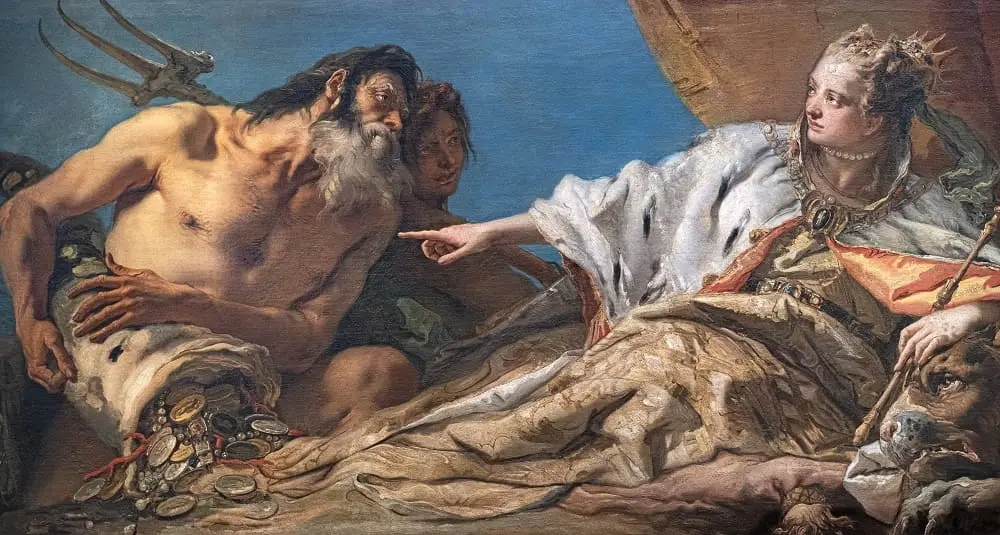
Who is the Roman god of the sea?
1Neptune
2Poseidon

🙌 Good answer
In Roman mythology, Neptune is the god of the sea. He reigns over oceans, storms and horses, the equivalent of the Greek god Poseidon.
Next question

😞 Wrong answer
In Roman mythology, Neptune is the god of the sea. He reigns over oceans, storms and horses, the equivalent of the Greek god Poseidon.
Next question
history
/ 10
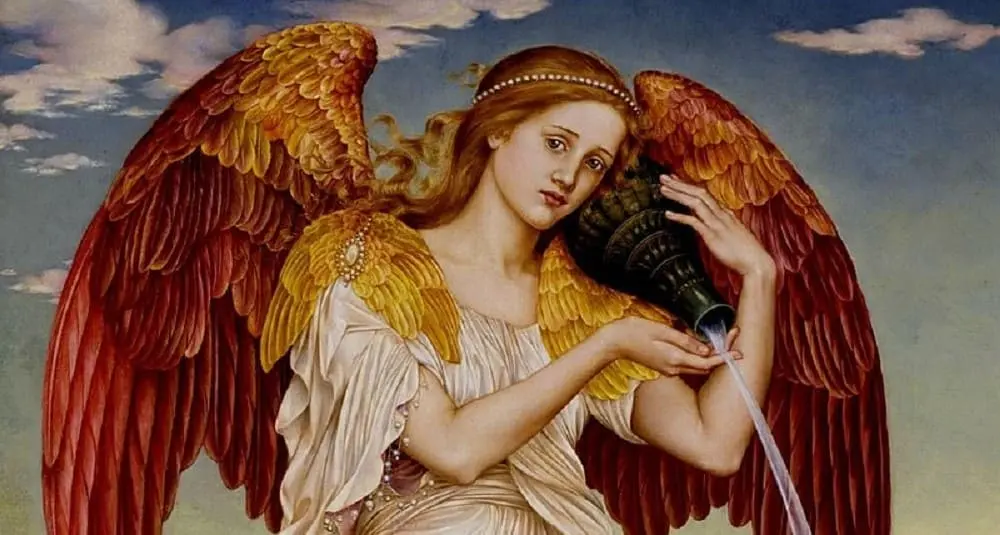
Who was Eos in Greek mythology?
1Déesse de l'aube
2Déesse de la lune

🙌 Good answer
In Greek mythology, Eos is the goddess of dawn. Daughter of the Titans Hyperion and Theia, she opens the gates of heaven every day to allow the sun to shine.
Next question

😞 Wrong answer
In Greek mythology, Eos is the goddess of dawn. Daughter of the Titans Hyperion and Theia, she opens the gates of heaven every day to allow the sun to shine.
Next question
history
/ 10
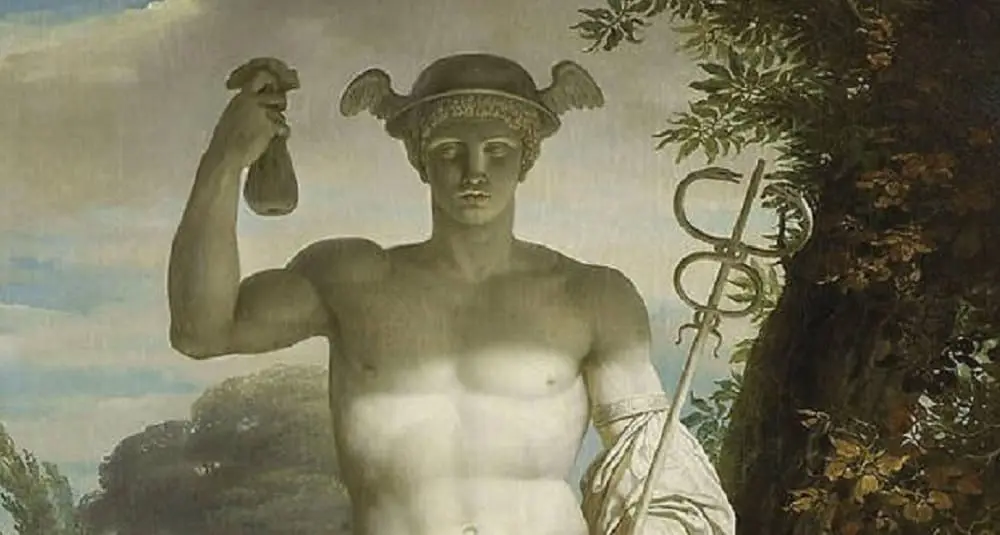
What is Mercury's Greek name?
2Hermes
1Ares

🙌 Good answer
Mercury's Greek name is Hermes. In Greek mythology, he is the messenger of the gods, protector of travelers, merchants and thieves.
Next question

😞 Wrong answer
Mercury's Greek name is Hermes. In Greek mythology, he is the messenger of the gods, protector of travelers, merchants and thieves.
Next question
history
/ 10
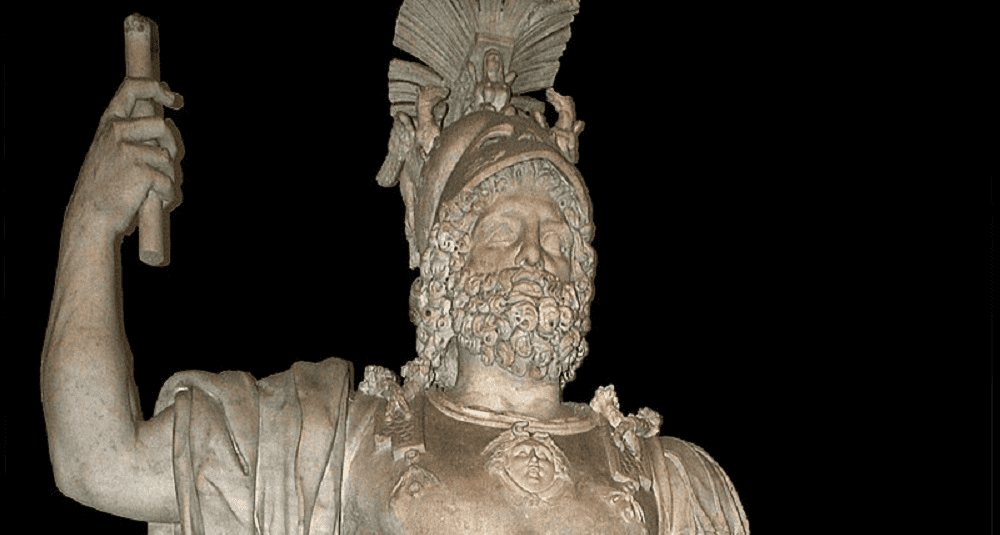
Who is Mars in Roman mythology?
2God of war
1God of underworld

🙌 Good answer
In Roman mythology, Mars is the god of war and the legendary father of Romulus and Remus. He embodies the military strength and protection of Rome.
Next question

😞 Wrong answer
In Roman mythology, Mars is the god of war and the legendary father of Romulus and Remus. He embodies the military strength and protection of Rome.
Next question
history
/ 10

In Roman mythology, who is the goddess of love?
2Venus
1Aphrodite

🙌 Good answer
In Roman mythology, Venus is the goddess of love, beauty and fertility. She is the Roman equivalent of Aphrodite, her Greek counterpart.
Next question

😞 Wrong answer
In Roman mythology, Venus is the goddess of love, beauty and fertility. She is the Roman equivalent of Aphrodite, her Greek counterpart.
Next question
history
/ 10
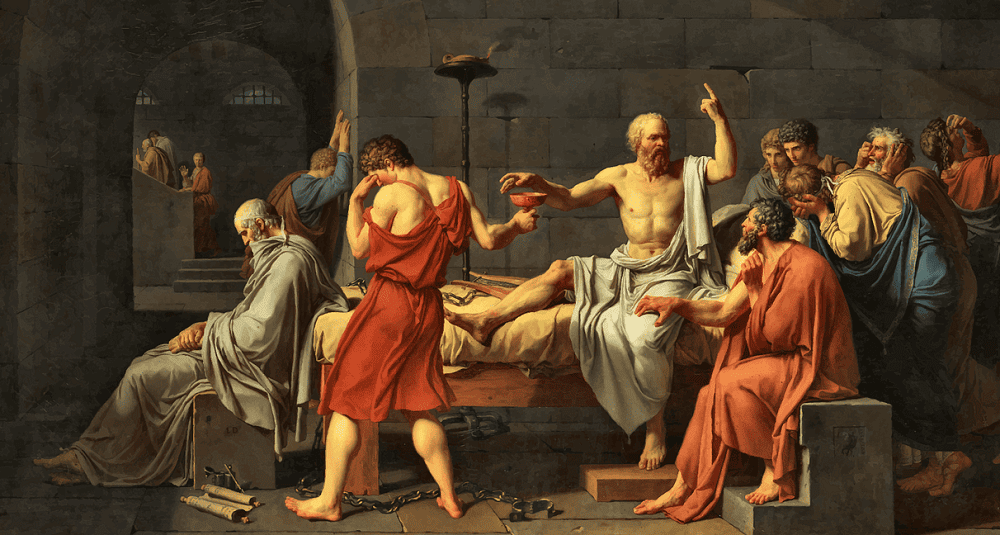
How did Socrates die?
2Forced suicide
1Died in battle

🙌 Good answer
Socrates died in 399 BC after drinking the deadly poison hemlock. Condemned by Athens for impiety and corruption of youth, he accepted his fate.
Next question

😞 Wrong answer
Socrates died in 399 BC after drinking the deadly poison hemlock. Condemned by Athens for impiety and corruption of youth, he accepted his fate.
Next question
history
/ 10

What is Plato's real name?
1Aristocles
2Diotima

🙌 Good answer
Plato's real name was Aristocles. This nickname, which means “large” in Greek, is said to have been given to him because of his imposing forehead or build.
Next question

😞 Wrong answer
Plato's real name was Aristocles. This nickname, which means “large” in Greek, is said to have been given to him because of his imposing forehead or build.
Next question
history
/ 10
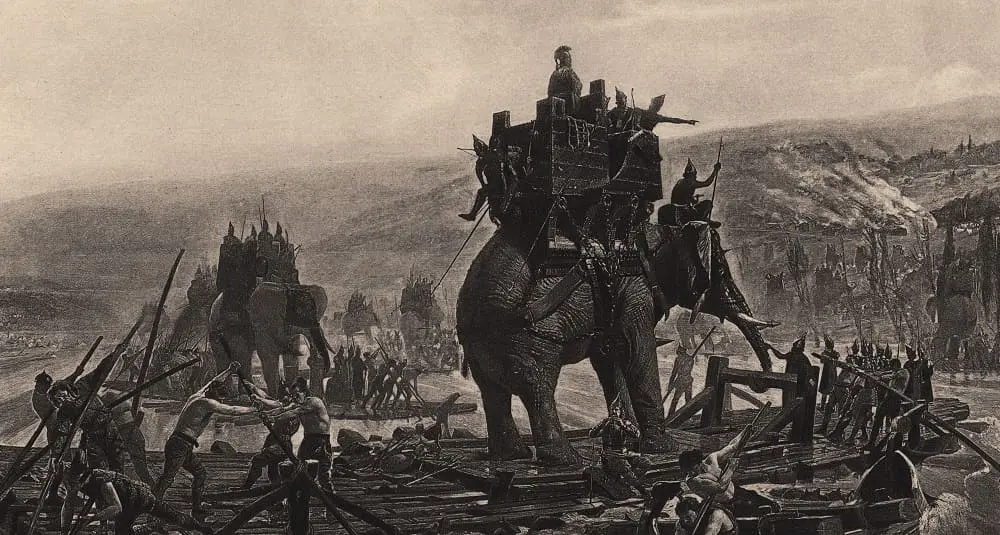
Who is Hannibal and his elephants?
1Carthaginian General
2Roman Emperor

🙌 Good answer
Hannibal Barca, a Carthaginian general, is famous for having crossed the Alps in 218 BC with his army, including 37 elephants, during the Second Punic War against Rome.
Next question

😞 Wrong answer
Hannibal Barca, a Carthaginian general, is famous for having crossed the Alps in 218 BC with his army, including 37 elephants, during the Second Punic War against Rome.
Next question
history
/ 10
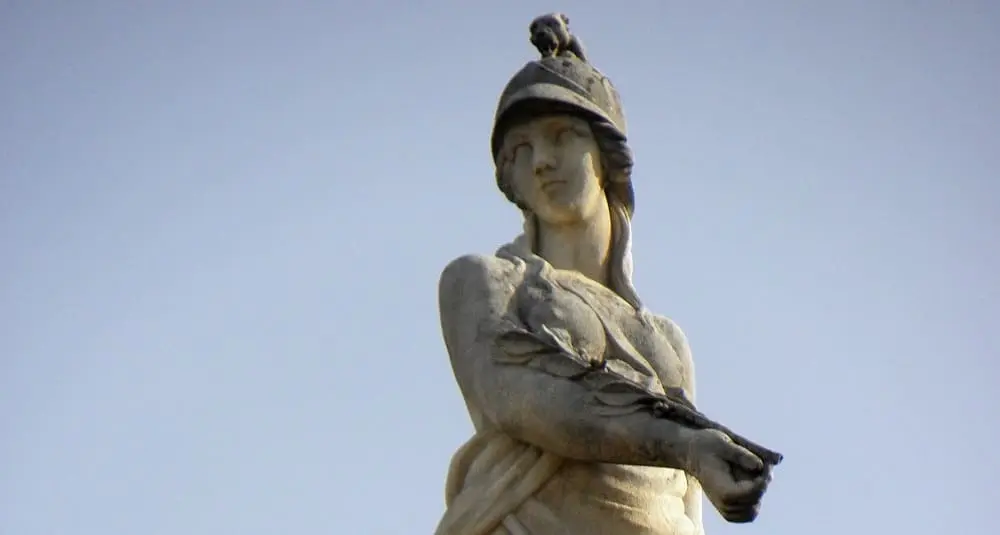
Who is the goddess Minerva?
2Goddess of wisdom
1Goddess of love

🙌 Good answer
In Roman mythology, Minerva is the goddess of wisdom, strategic warfare and the arts. She is the Roman equivalent of Athena in Greek mythology.
Next question

😞 Wrong answer
In Roman mythology, Minerva is the goddess of wisdom, strategic warfare and the arts. She is the Roman equivalent of Athena in Greek mythology.
Next question
history
/ 10
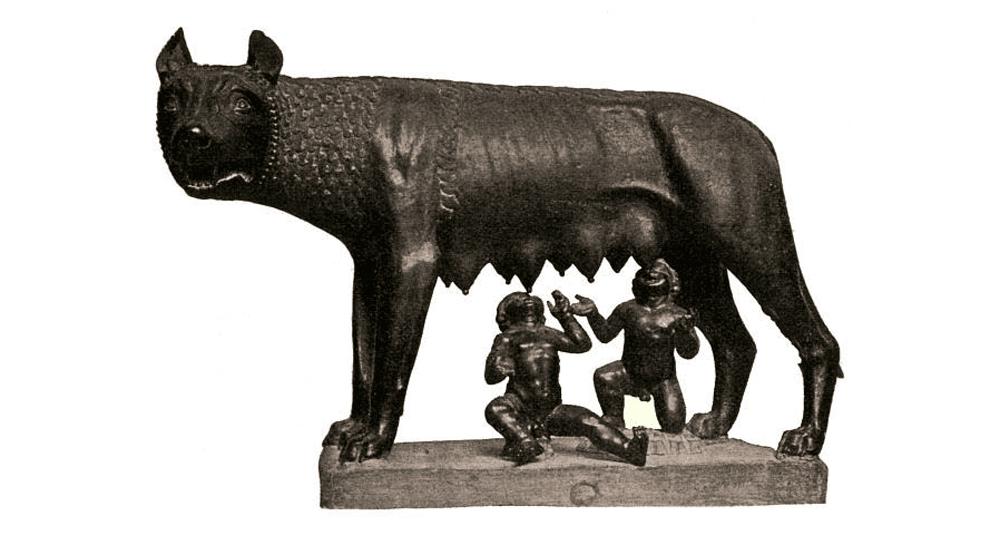
According to myths, when did Remus and Romulus found the city of Rome?
1753 B.C.
2509 B.C.

🙌 Good answer
According to Roman myths, Romulus founded the city of Rome on the site of Mount Palatine on the Tiber on April 21, 753 BC.
Next question

😞 Wrong answer
According to Roman myths, Romulus founded the city of Rome on the site of Mount Palatine on the Tiber on April 21, 753 BC.
Next question



